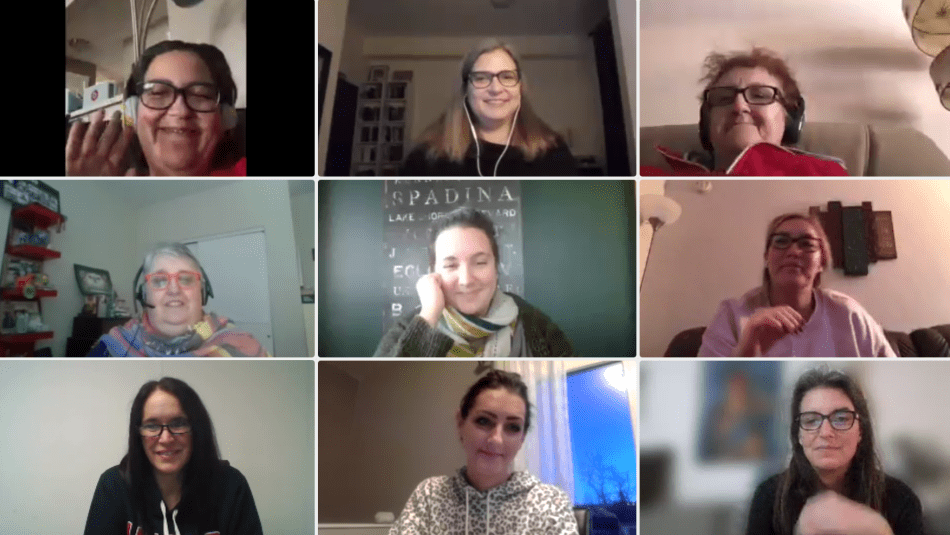
Share
On January 13, Unifor members from across the country tuned-in to the Education Department’s webinar about anti-Indigenous racism in the health care system.
Unifor Indigenous Liaison Gina Smoke was joined by panelists Dr. Alika Lafontaine, Diane Smylie, and Jane Collins.
Dr. Lafontaine is a physician of Cree and Anishinaabe heritage from Southern Saskatchewan/Treaty 4 territory. He lectures on the role that bias, discrimination and racism have on patient care.
Diane Smylie and Jane Collins are contributors to the San’yas Indigenous Cultural Safety Training program at the BC Provincial Health Services Authority, a program that helps health care professionals better deliver culturally safe health care for Indigenous people.
In part inspired by the revelations in the recent report In Plain Sight, Addressing Indigenous-specific Racism and Discrimination in B.C. Health Care, this third webinar in the Turtle Island series sought to help identify how Canada’s deep-seated racism has made it unsafe for many Indigenous peoples to access the health services they need.
Presenters discussed the widespread Scotoma (blindspot) among non-Indigenous health care practitioners that leads to bias, assuming that if they don’t see racism, it can’t exist. Dr. Lafontaine explained the various ways that manifests in inferior care for Indigenous patients and breeds a deep distrust of the health care system.
Smylie and her colleague Jane Collins explored the pedagogical foundations of her San’ysa program and reviewed some of the important terminology indispensable to the discussion and planning for anti-racist and anti-colonial action.
Materials from the webinar are available online for health care workers and other Unifor members.
A follow-up webinar will be held on January 19 to focus on anti-racist practices in health care and changing our health care institutions to better serve Indigenous peoples. Unifor members can register via @email


